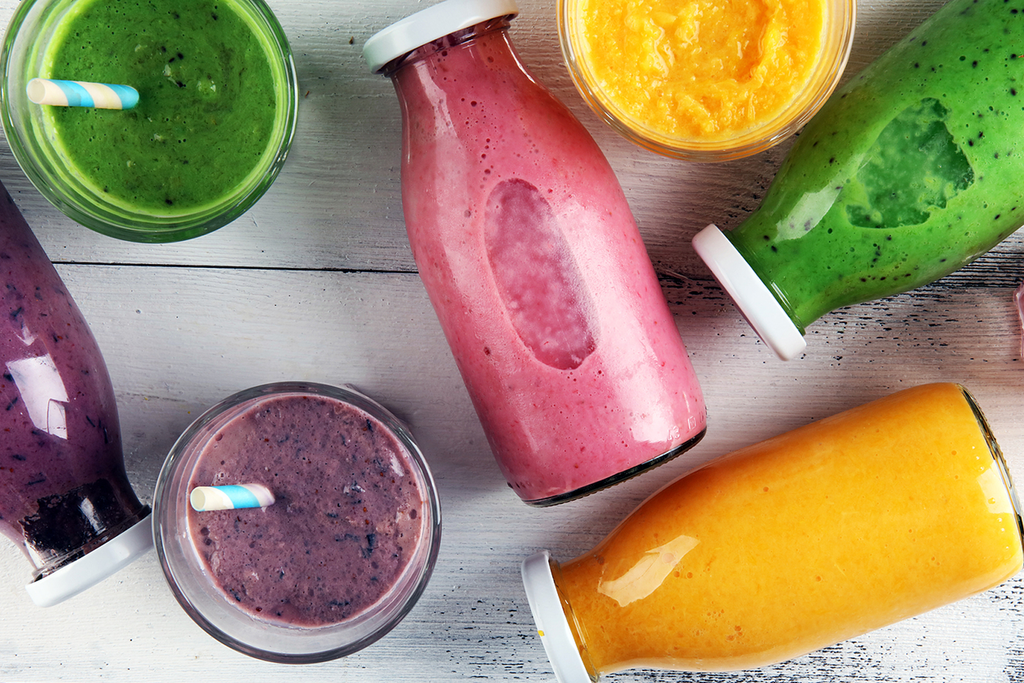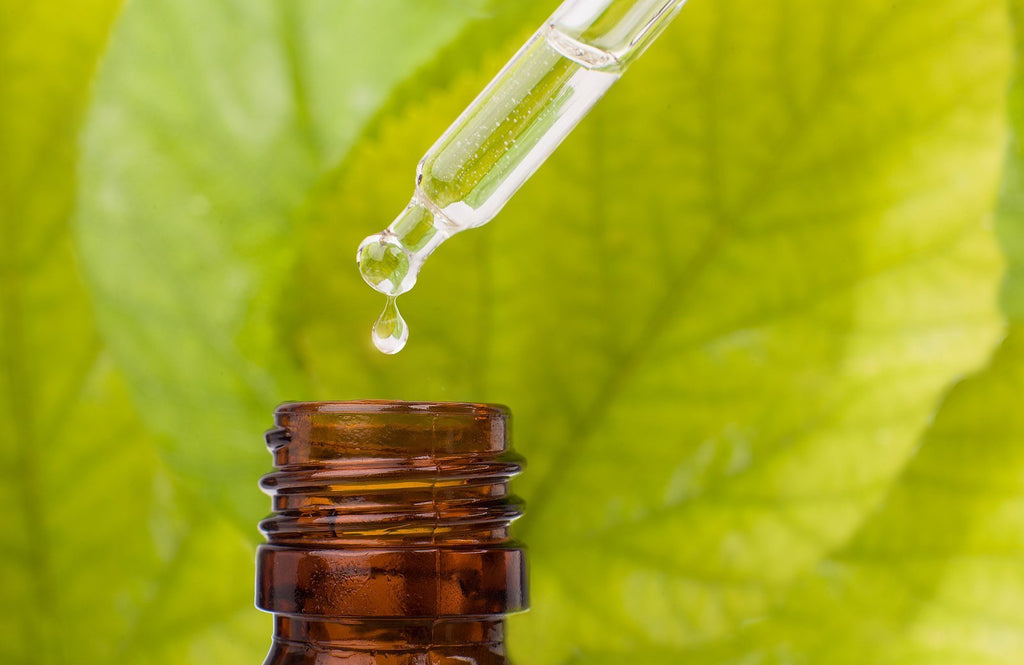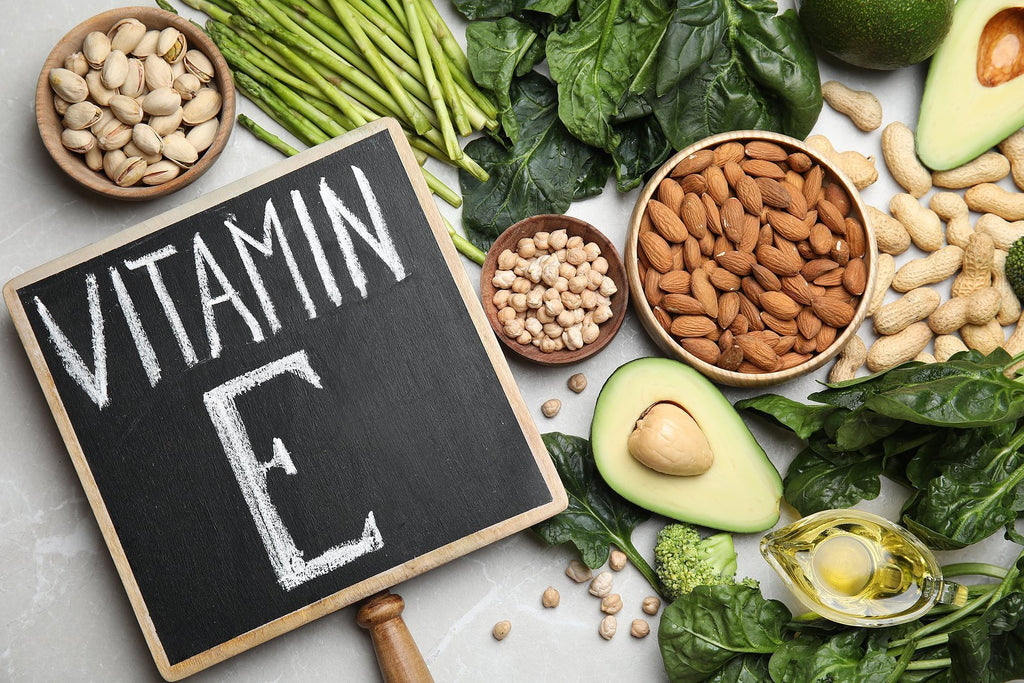Vitamin E & Heart Disease Prevention
You’ve probably heard that vitamin E is a powerful antioxidant that works wonders for anti-aging. What you may not have heard is that vitamin E can play a significant role in heart disease prevention. In fact, it can reduce your risk for heart disease by as much as 25 to 50 percent.
Let’s look at how vitamin E affects your heart, along with the best foods to eat, so you can start boosting your intake of this essential nutrient.
Antioxidant Power & Heart Disease Prevention
Vitamin E reduces inflammation and the harmful effects of LDL cholesterol, which is commonly referred to as “bad cholesterol”. It does this by fighting free radicals, which cause LDL cholesterol to oxidize and lead to the hardening of blood vessels. When blood vessels harden, blood flow is restricted, while blood pressure goes up, along with your risk for heart attack and stroke.
The damage caused by free radicals, called oxidative stress, puts you at risk for all sorts of problems, including diabetes, cancer, degenerative brain disorders, and all the visible signs that you commonly associate with aging.
One way to avoid, or in some cases delay, these problems is by keeping this oxidation process under control. You can do that by eating a diet high in antioxidants – and vitamin E is a prime antioxidant.
It boosts vitamin K, Vitamin E helps your body use vitamin K, a fat-soluble nutrient. Vitamin K is crucial for blood clotting, bone health, and maintaining blood calcium levels. One of vitamin K’s jobs is to direct calcium to where it’s actually supposed to go – mainly your bones and your teeth. Another of its jobs is to keep calcium away from places you don’t want it building up: your arteries or other soft tissues.
Nitric oxide No, not the laughing gas – that’s nitrous oxide. Nitric oxide is produced by almost all the cells in your body.
One of the keys to a healthy heart is that your body produces enough nitric oxide. The molecules of this amazing substance expand blood vessels to increase blood flow and to decrease plaque growth and the clotting of arteries. Vitamin E helps ensure your body can maintain high enough levels of nitric oxide which, in turn, keeps your blood vessels open and enables good circulation. So, yes, your body’s ability to produce nitric oxide is definitely crucial to your cardiovascular health.
Unfortunately, nitric oxide is destroyed quickly by free radicals. So, eating lots of antioxidants like vitamin E helps keep nitric oxide levels up.
My Favorite Dietary Sources of Vitamin E
- Pine nuts, Brazil nuts, hazelnuts, almonds
- Sunflower and pumpkin seeds
- Avocados
- Mango, blackberries, kiwi
- Red sweet peppers
- Broccoli
- Leafy greens
- Trout, salmon, lobster, crayfish
- If you really want to get adventurous for vitamin E, try sea snails, octopus, and fish eggs (caviar or roe)
How to Choose a Vitamin E Supplement
"I am 53 years old, and I have been taking this product for several months now. I am very happy with the results, as I find myself feeling better, looking better, and I haven't been sick since I started taking it. Strongly recommend!"
Liam Jones | ⭐️⭐️⭐️⭐️⭐️
Full Spectrum Vitamin E
Sharing is Caring
Know Your Body - Know Your Health






